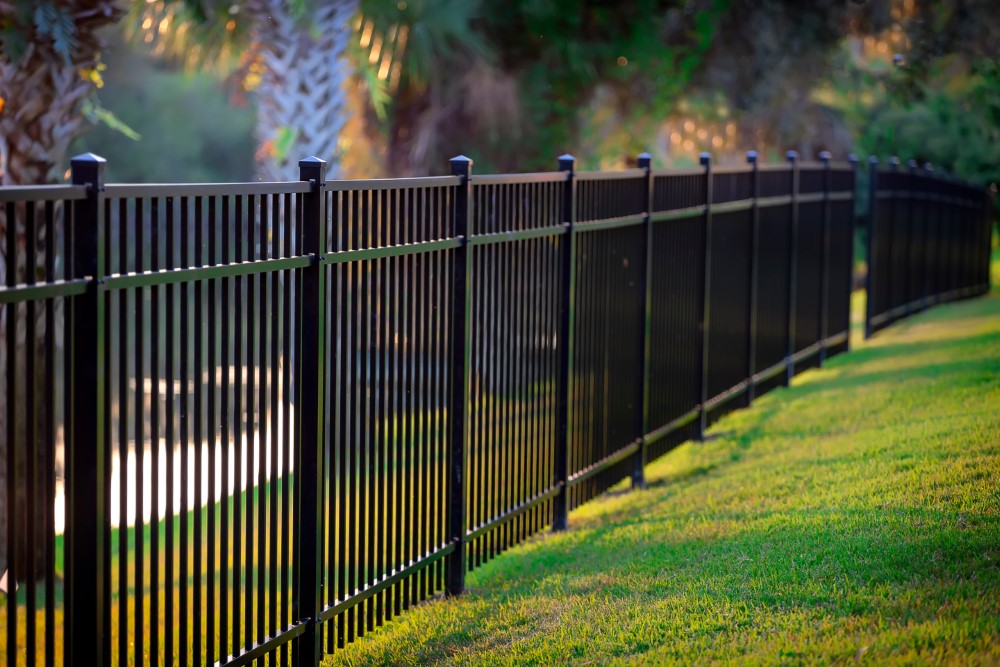How to Apply for Home Improvement Grants in Binghamton
How to Apply for Home Improvement Grants in Binghamton home improvement shouldn’t be a privilege reserved for those with deep pockets. In Binghamton, a robust array of Binghamton home improvement grants empowers homeowners to tackle repairs, boost energy efficiency, and enhance accessibility—often at little to no cost. This guide unravels the grant landscape, demystifies eligibility criteria, and delivers actionable steps to submit a winning application.

Why Pursue Home Improvement Grants?
Deferred maintenance compounds problems over time, inflating costs and compounding hazards. A leaking roof becomes rot. Faulty wiring becomes a fire risk. Outdated insulation becomes skyrocketing bills. By leveraging Binghamton home improvement grants, you can:
- Mitigate safety hazards without financial strain.
- Lower utility bills via energy-efficient upgrades.
- Preserve property value and curb appeal.
- Increase home comfort and accessibility.
- Strengthen community revitalization efforts.
Short sentence. Long sentence that elaborates on how grants catalyze neighborhood renewal and foster equitable homeownership.
Grant Programs Overview
Binghamton offers diverse programs administered by municipal, county, and state agencies. Key options include:
- City of Binghamton Home Rehabilitation Grant
- Zero-interest forgivable loans up to $20,000.
- Safety-critical repairs: roofs, foundations, wiring, lead abatement.
- Income limit: 80% of Area Median Income (AMI).
- Broome County CDBG Home Repair Assistance
- Federal Community Development Block Grants.
- Emergency and code compliance fixes.
- Up to $15,000 per household for ≤ 60% AMI families.
- NYS Weatherization Assistance Program (WAP)
- Energy-efficiency retrofits: insulation, air sealing, HVAC tune-ups.
- Typical awards: $7,000–$12,000.
- Income threshold: sliding scale at 200% of Federal Poverty Level.
- USDA Single-Family Housing Repair Grants (Section 504)
- Up to $10,000 non-repayable for seniors ≤ 50% AMI.
- Additional low-interest loans available for broader income tiers.
- NeighborWorks® Binghamton Repair Grant
- Community-based grants with volunteer labor support.
- Awards from $2,500 to $10,000 for critical repairs.
Eligibility Essentials
Understanding program prerequisites is the first step. Common criteria include:
- Owner-Occupancy: Must be your primary residence.
- Income Verification: Tax returns, W-2s, or benefit statements.
- Proof of Residency: Utility bills or driver’s license.
- Property Assessment: Licensed inspector’s report or contractor bid.
- Clear Title & Tax Compliance: No major liens or unpaid property taxes.
Long sentence explaining why each element matters and how to prepare documentation in advance.
Step-by-Step Application Process
1. Preliminary Research and Consultation
Contact program administrators to confirm deadlines, required forms, and submission methods. Agencies often host informational webinars—attend to ask questions and gather insider tips.
2. Property Inspection and Cost Estimates
Hire licensed professionals to evaluate your home and produce detailed, itemized bids. Ensure bids align with program scopes and include materials, labor, and timelines.
3. Document Compilation
Assemble a comprehensive packet:
- Completed application forms.
- Income proofs and household size declaration.
- Homeownership and residency verification.
- Property assessment reports and contractor bids.
- Additional program-specific attachments.
4. Submission
Submit via online portals, mail, or in-person drop-off. Double-check that every page is signed and dated. Retain confirmation receipts or email acknowledgments.
5. Follow-Up and Communication
Monitor application status. Respond promptly to requests for supplemental information. Maintain polite and concise communication with grant officers.
6. Project Scheduling and Execution
Once approved, schedule repair work with pre-approved contractors. Coordinate inspection dates to align disbursements with project milestones.
7. Inspections and Disbursements
Facilitate required pre- and post-repair inspections. Funds are typically released in phases—initial deposit, mid-project payment, and final settlement.
8. Project Close-Out
Submit final invoices, inspection certificates, and lien waivers. Confirm receipt of remaining funds and complete any required post-project reports.
Insider Strategies for Success
- Attend Workshops: Many agencies offer free grant-writing sessions.
- Leverage Local Contacts: Build rapport with program liaisons.
- Bundle Projects: Combine structural and energy upgrades for comprehensive funding.
- Choose Local Contractors: Demonstrate community reinvestment.
- Use Checklists: Keep a master list of required documents and deadlines.
Short sentence to break up text. Long sentence emphasizing the power of proactive planning.
Common Pitfalls and How to Avoid Them
| Pitfall | Prevention |
|---|---|
| Incomplete Documentation | Peer-review your packet before submission. |
| Missed Deadlines | Set multiple calendar alerts. |
| Unlicensed Contractors | Verify licensure and insurance. |
| Scope Creep | Adhere strictly to approved work items. |
| Tax & Lien Oversights | Obtain tax clearance certificates. |
Address these issues to keep your application on track.
Maximizing Impact: Funding Layering
Smart homeowners weave together multiple sources: deploy the City’s rehabilitation grant for structural fixes, layer WAP for insulation, and tap NeighborWorks® for volunteer-driven enhancements. This mosaic approach yields near-complete renovations with minimal personal expense.
Short punch. Long elaboration on synchronization of timelines and compliance.
Community Resources and Support
- City of Binghamton Housing Office: Grant details and application assistance.
- Broome County Community Development: CDBG program management.
- NYS Homes and Community Renewal: State-funded grant portal.
- USDA Rural Development: Section 504 program liaison.
- NeighborWorks® Binghamton: Workshops and volunteer coordination.
Tap into these nodes to transform complexity into clarity.
Case Study: The Hernandez Family’s Home Transformation
Faced with a crumbling porch, shoddy plumbing, and drafty windows, the Hernandez family crafted a grant strategy: city rehab grant for porch and plumbing ($18,000), WAP for insulation ($9,000), and NeighborWorks® for window replacements ($6,000). In under six months, a $33,000 project concluded for under $1,000 out of pocket—exemplifying the potency of Binghamton home improvement grants when navigated strategically.
Looking Ahead: Future Program Developments
Stay alert for emerging initiatives:
- Digital Pre-Qualification Tools: AI-driven eligibility checkers.
- Green Retrofit Incentives: Extra credits for solar panels and EV charging stations.
- Micro-Grants for Minor Repairs: Rapid funds up to $2,500 for urgent fixes.
Adapting to these innovations keeps homeowners ahead of the curve.
Applying for Binghamton home improvement grants transforms daunting renovation tasks into attainable projects. With meticulous preparation, strategic layering, and community support, you can secure vital funding and revitalize your home. Start today—your dream renovation awaits.



